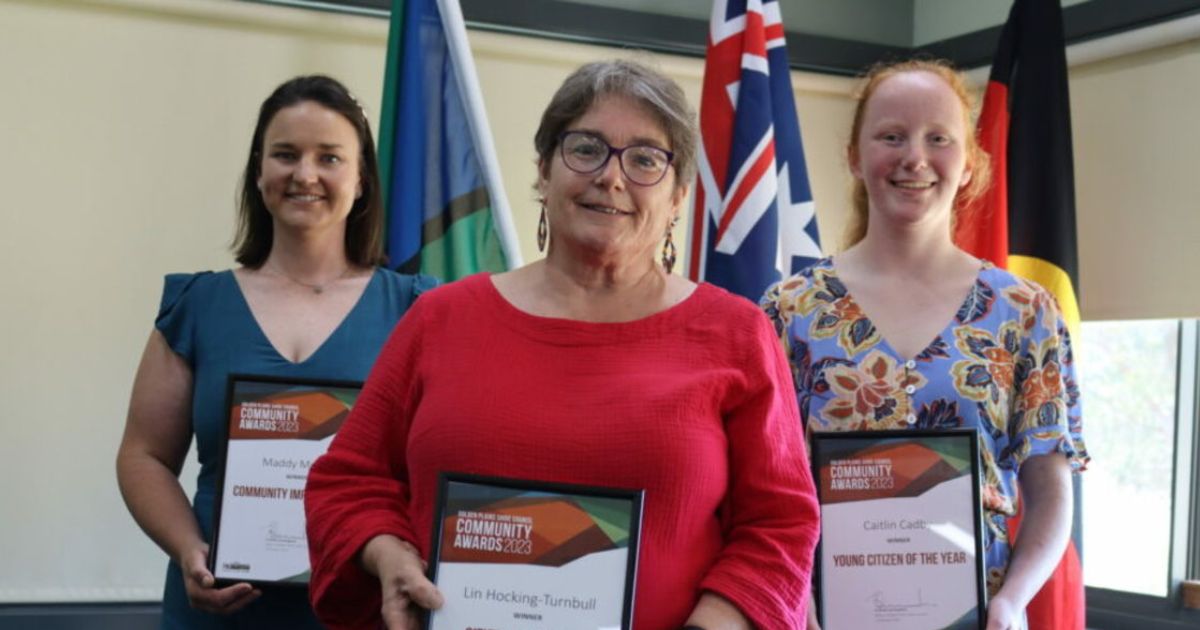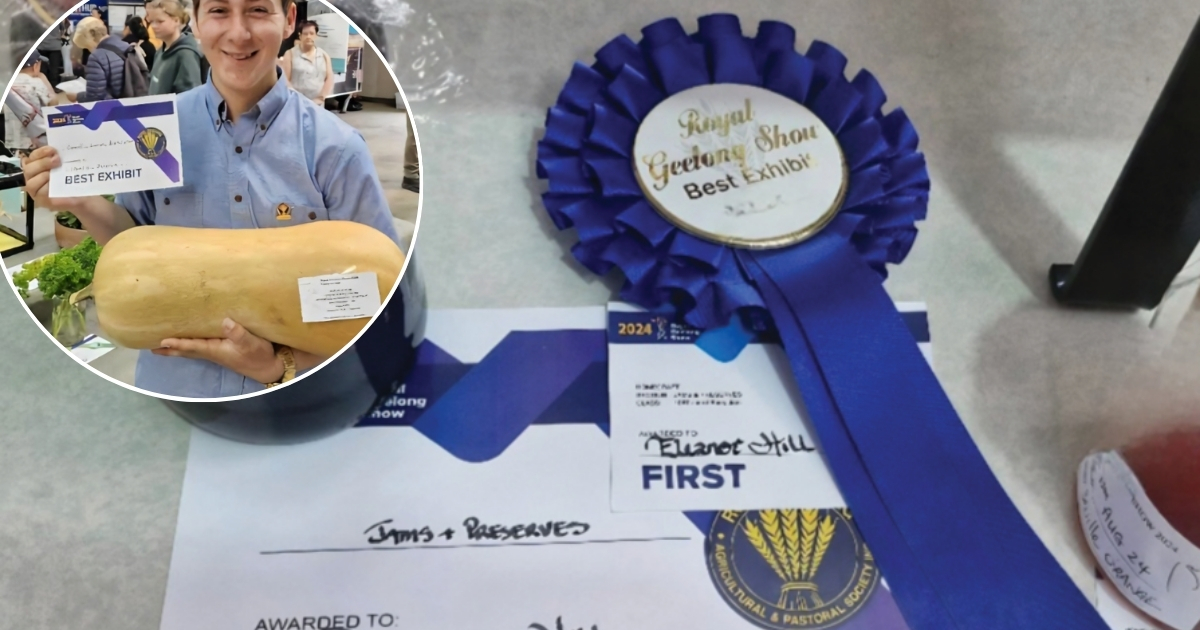Ballarat based and biased BIRCH takes root for growth
MARK Yates, Associate Professor and inaugural Executive Director of BIRCH came up with the idea of BIRCH about eight years ago.
“I have been banging on about it ever since,” he said.
With the recent announcement of the creation of the Ballarat Innovation and Research Collaboration for Health, a partnership between Ballarat’s two major health services and six universities offering local health professional training, it is now a reality.
Associate Professor Yates said the establishment of BIRCH is critical to the development of Ballarat as a recognised centre of academic excellence and will benefit the community.
“Health services that engage in research activity, in particular in the translation space, have better health outcomes,” he said.
Translational research is taking the existing knowledge about a condition or a system as it works, understanding what the failings of that system or care of that condition may be, and then realising what methodologies are needed to deliver the best practice at the coal face.
“If we develop a research culture across our two major health services in Ballarat then if you are a patient you are likely to be better off,” Associate Professor Yates said.
Associate Professor Yates said Ballarat is an amazing city, with huge potential in its unique grouping of multiple universities, major health services and a relatively cohesive community to do fabulous research.
One of the key enablers of good research is digital health.
“If we put data sets together and use what is called machinery learning we might actually find a lot of connections that we would not have contemplated,” he said.
“We will look at the existing evidence base and then identify is there is a gap between the existing evidence base and what is actually happening.”
BIRCH will attempt to develop a model using the evidence, test it in a formal research environment where testing is repeatable and peer reviewable, and if the model has validity, know whether the system can be changed.
The solutions from research will have the potential to be scalable, up to major metropolitan centres or down for rural hospitals.
Associate Professor Yates freely admits BIRCH is unashamedly Ballarat focussed.
The Collaboration will champion the work of existing Ballarat researchers in the health services community.
Associate Professor Yates wants to lift awareness, develop considerable pride in the work and take Ballarat as a centre for research to potentially international prominence.
“Providing a pathway for academic staff to involve themselves in health research is to me as important as finding a pathway for doctors and other health practitioners to stay in country and rural areas,” he said.
BIRCH secured seed funding for 12 months from the state government just before November’s state election.
“We are not hiding our light under a bushel, we want to engage with the community for them to support us through philanthropy but also fundamentally through questions from the community on what can be done better, or what we should be looking at,” Associate Professor Yates said.



















